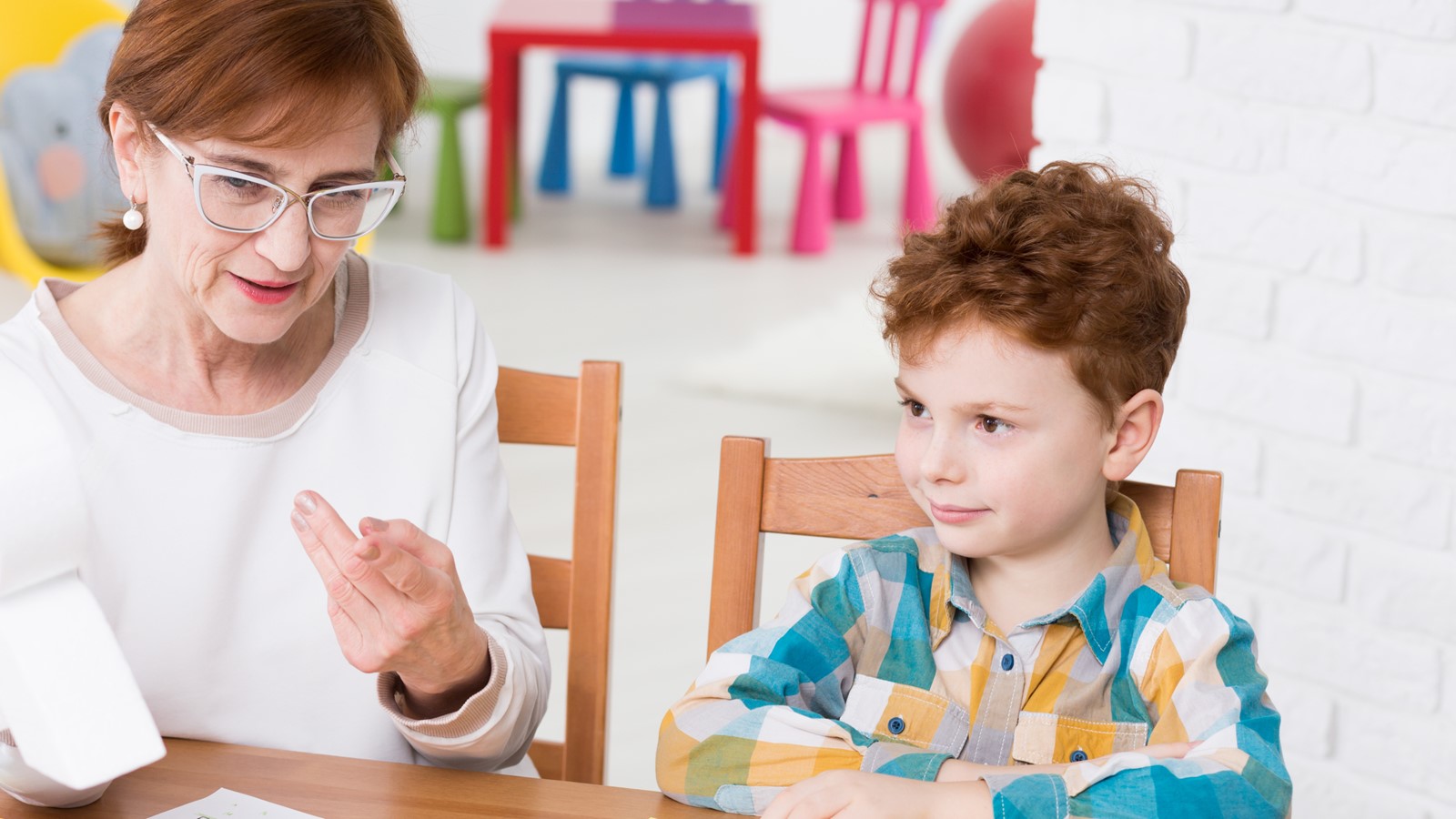BACP is concerned by findings in the Education Policy Institute (EPI) report Access and waiting times in children and young people’s mental health services which shows that over a quarter of children referred to specialist mental health services were not accepted into those services.
The main reason for the rejection of referrals was that the young people did not meet the eligibility criteria for specialist child and adolescent mental health services (CAMHS); with the authors conceding that ‘Little progress has been made in reducing the high proportion of young people who are not accepted into specialist services despite having been referred by a concerned GP or teacher’.
The EPI report also states that ‘There are also good alternative services available in some areas to accept young people who are not accepted by specialist services, but these are not consistently commissioned in every area. The wide variation demonstrates that in many areas there continue to be significant problems for young people in accessing the treatment they need.’
This serves to highlight that there are often not appropriate early intervention services available to help youngsters who do not meet the criteria for specialist services. BACP is committed to promoting the importance of early intervention and ensuring that appropriate provision is put in place for children and young people; and that mental health services are joined up.
Children and young people can experience a range of mental health distress, including bulling, bereavement, relationship difficulties with family and friends, managing emotions such as anger, and other common mental health problems.
Hadyn Williams, Chief Executive Officer at BACP, said: “It’s clear from this new data from EPI that CAMHS services are oversubscribed and under severe pressure.
“CAMHS is, of course, part of the solution for children and young people in severe distress. However, the Government must think about the ‘right support’, for all levels of mental health need, whether that be CAMHS, online interventions, or school-based counselling.
“School-based counselling works well as a parallel support alongside CAMHS and can reduce referrals to these specialist and costly services. It is cost effective too; five sessions of school-based counselling can be provided for the cost of one CAHMS session.”
Hadyn continues:
“We know that school-based counselling is a proven early intervention which improves children and young people’s mental health and emotional well-being.
“Children in Northern Ireland and Wales have access to a school counsellor through government supported national programmes, while in England provision remains patchy.
“We remain concerned that without the development of a national school based counselling strategy with a commitment for a trained counsellor in every secondary school England’s children will continue to remain behind children and young people in Wales and Northern Ireland in terms of emotional support.
“We believe that all children and young people of school age across the UK should have equal access to professional, qualified counselling services in their schools and will continue to campaign to ensure that this becomes a reality.
“In anticipation of the publication of the Green Paper for Children’s and Young People’s Mental Health, BACP urges the Government to ensure children and young people have access to the appropriate treatment, in the right place, at the right time.”
Further information
BACP’s information briefing:
School counselling for all (pdf 1MB)
